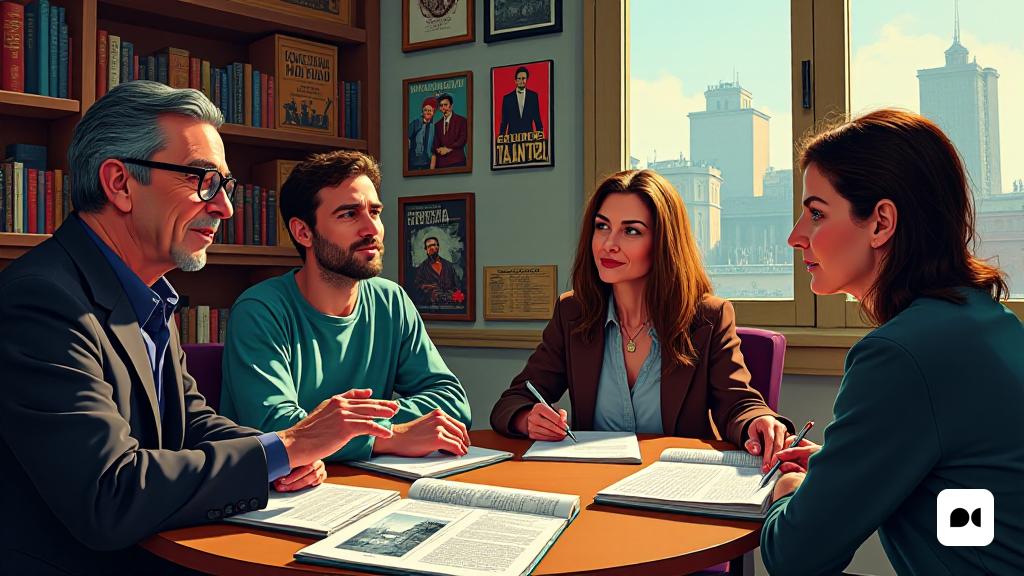Culture as an act of rebellion
Culture has often been a vehicle for transgression and freedom of expression, especially in contexts of political repression. During the Franco dictatorship in Spain, artists and intellectuals found in music and humor a way of challenging authoritarianism. The new Catalan song, the satire of publications such as El Jueves, and the vibrant of the Madrid move exemplify this creative struggle against political hegemony.
Capitalism and cultural depoliticization
With the rise of capitalism, these counterculture voices were gradually absorbed by the system. The impact of this transformation has been remarkable, as what was once a resistance symbolism has become an integral part of popular culture. New generations, far from their subversive essence, consume these phenomena from a purely cultural perspective, without the critical gap that initially characterized them.
Reflections on current counterculture
Premium.cat magazine, in its April issue, goes into this issue, considering whether the counterculture yesterday has become the current rule. In a conversation between Jordi Llovet, an influential literary critic, and Maria Coll, his concerns about the decline of culture are explored, with an emphasis on the need to preserve high culture in a world that is increasingly departing from it.
The cinema com a reflection of the counterculture
Conxita Casanovas, director of the BCN Film Fest, contributes to how cinema has been a reflection of the counterculture. In an interview with Carles Banchs, Casanovas analyzes the evolution of cinema as a platform for cultural resistance and expression, and how it has adapted to new social dynamics.
Future contemporary debates and perspectives
In another area, Joan Salicrú addresses the debate on armament in Europe at a time when global tensions are amplified by the United States political decisions. Through a conversation with experts such as Silvia V.-Oliva and María Villellas, the economic and political implications of this issue are discussed in an increasingly complex European context.
Science and humanity
David Bueno, a prominent biologist and neuro -educator, gives a contemporary look at the human condition with his book ‘The art of being human’. Recently awarded the Josep Pla Award, Bueno examines the intersections between biology and culture, emphasizing the importance of neuro -education in the formation of the individual.
Access the magazine
For those interested in exploring more about the intersection between culture and counterculture, the premium.cat copy is available at iquiosc.cat, offering a deep and varied analysis on these fundamental issues.

